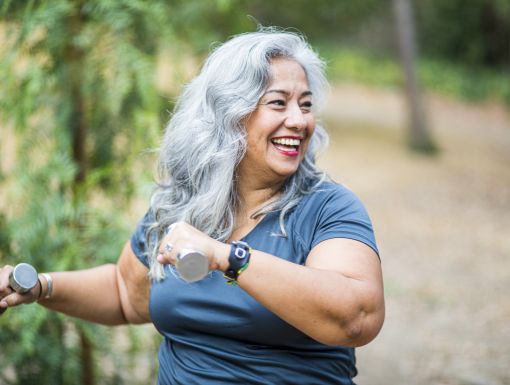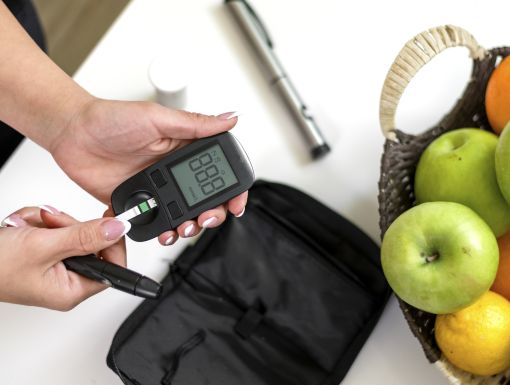
Managing Your Diabetes Care During COVID-19
A Diabetes Care and Education Specialist works with people who have diabetes to offer support in creating a plan to manage diabetes in a way that fits their lifestyle. You don’t have be newly diagnosed to see a Diabetes Care and Education Specialist. Education provided by a Diabetes Care and Education Specialist can help people with diabetes better manage their blood sugar and address the daily challenges of the disease. Education and guidance can help reduce the risk for complications, decrease costs of managing diabetes by decreasing medications and reduce or eliminate ER visits.
A person living with diabetes is presented with many challenges. When you add a national health crisis such as COVID-19 to the mix, living with diabetes can be overwhelming to some individuals. But during these stressful times, diabetes cannot be put on hold. Staying connected with your Diabetes Care Team is essential. Even though a quarantine can make one feel isolated, it doesn’t mean you are alone. Ochsner offers creative ways to stay connected with your Diabetes Care team so you don’t have to be afraid to reach out for assistance.
What precautions should you take?
Remember, people with diabetes are at higher risk of complications from COVID-19 so additional precautions should be taken. Your risk of getting very ill from COVID-19 will be lower if your diabetes is well managed. The American Diabetes Association states people who already have diabetes-related health problems are likely to have worse outcomes if they contract COVID-19 than people with diabetes who are otherwise healthy, whether you have type 1 or type 2 diabetes.
Good blood sugar control is essential to prevent complications. Think of quarantine as a time to slow down and focus on your diabetes self-care.
- Check your blood sugar daily.
- Take your medications as prescribed.
- Focus on preparing healthy, well-balanced meals.
- Be active, take a walk. Aim for 30 minutes of activity each day.
- Breathe! Take deep breaths to reduce stress.
- Communicate your concerns with your Diabetes Care and Education Specialist.
Be sure to follow all recommendations from the CDC to help prevent catching COVID-19:
- Wash your hands frequently and thoroughly. Since there is currently no vaccine for COVID-19 it is important that you maintain proper hand hygiene. Wash your hands for 20 seconds with soap and water especially after you have been in public places, after coughing or sneezing and before eating.
- Practice social distancing – limit contact with people that live outside your home. If you do venture outside, maintain at least 6 feet of distance between you and others
- Wear a cloth face covering in public settings where social distancing is difficult to maintain, such as the grocery store, pharmacies or the gas station.
- Routinely disinfect commonly used items in your household such as door handles, light switches, countertops, phones, toilets or remote controls.
What symptoms and warning signs should you be aware of?
Coronavirus is a respiratory illness that is typically spread through droplets that are produced when someone coughs or sneezes. These germs can then land in the mouth or nose of another nearby person and be inhaled into the lungs. Potential signs and symptoms of COVID-19 are fever or chills, cough, shortness of breath, new loss of taste or smell, muscle or body aches, bluish lips or face and fatigue.
If you start to develop any of these symptoms, call your doctor. When you call, you should have:
- Your glucose reading available
- Your ketone reading available
- A record of your fluid consumption
- A description of your symptoms
Your doctor will help determine the best next steps and if you should come in for an in-person visit.
To get your diabetes care back on track, visit ochsner.org/diabetes or contact our Diabetes Management Program at 504-842-0075 or 1-844-988-0075.
The information in this blog post is accurate at the time of publication. However, as the situation surrounding COVID-19 continues to change, it's possible that information has changed since being published. While Ochsner Health is trying to keep our blog posts as up-to-date as possible, we also encourage readers to stay informed on news and recommendations by using the CDC website.



